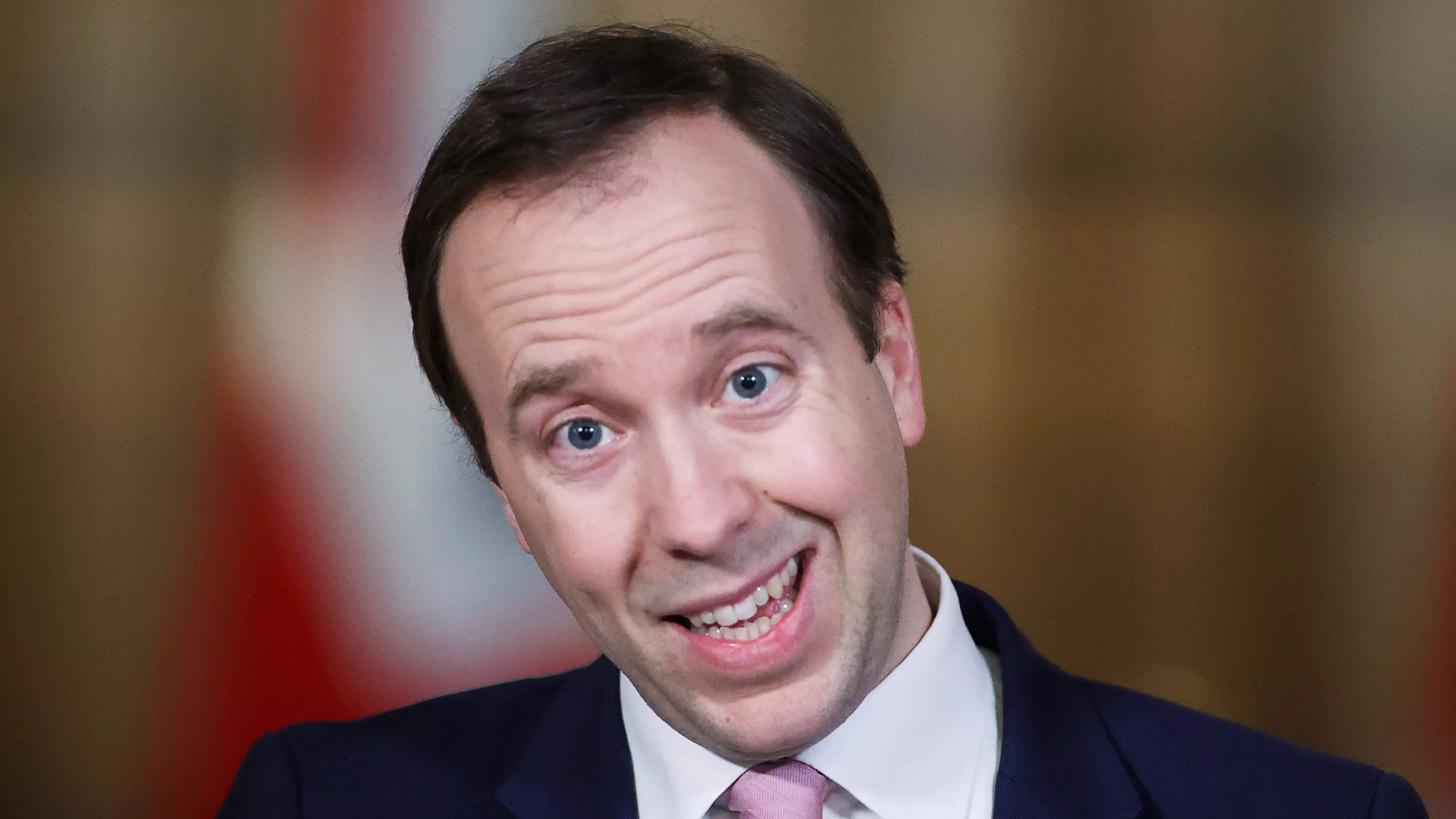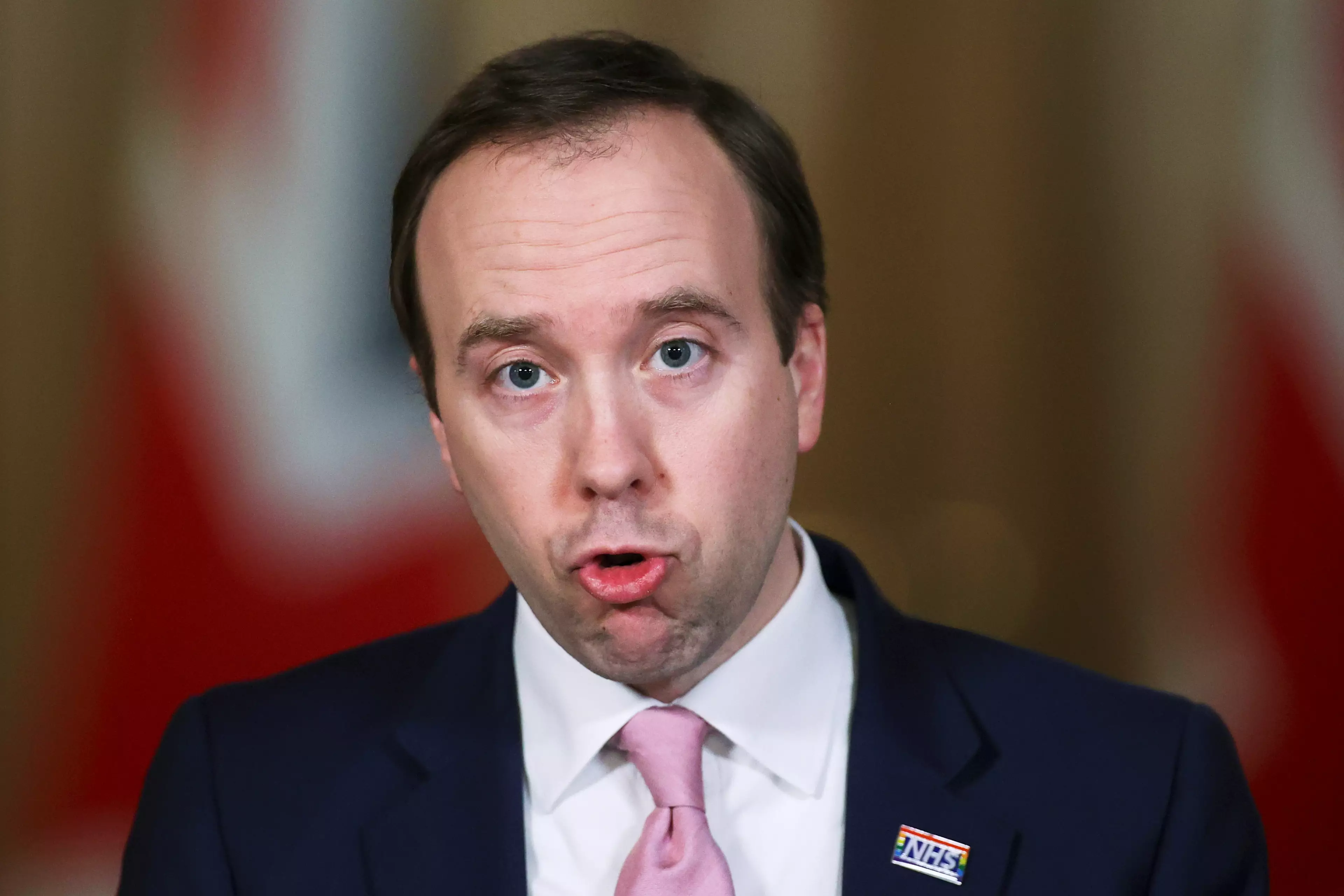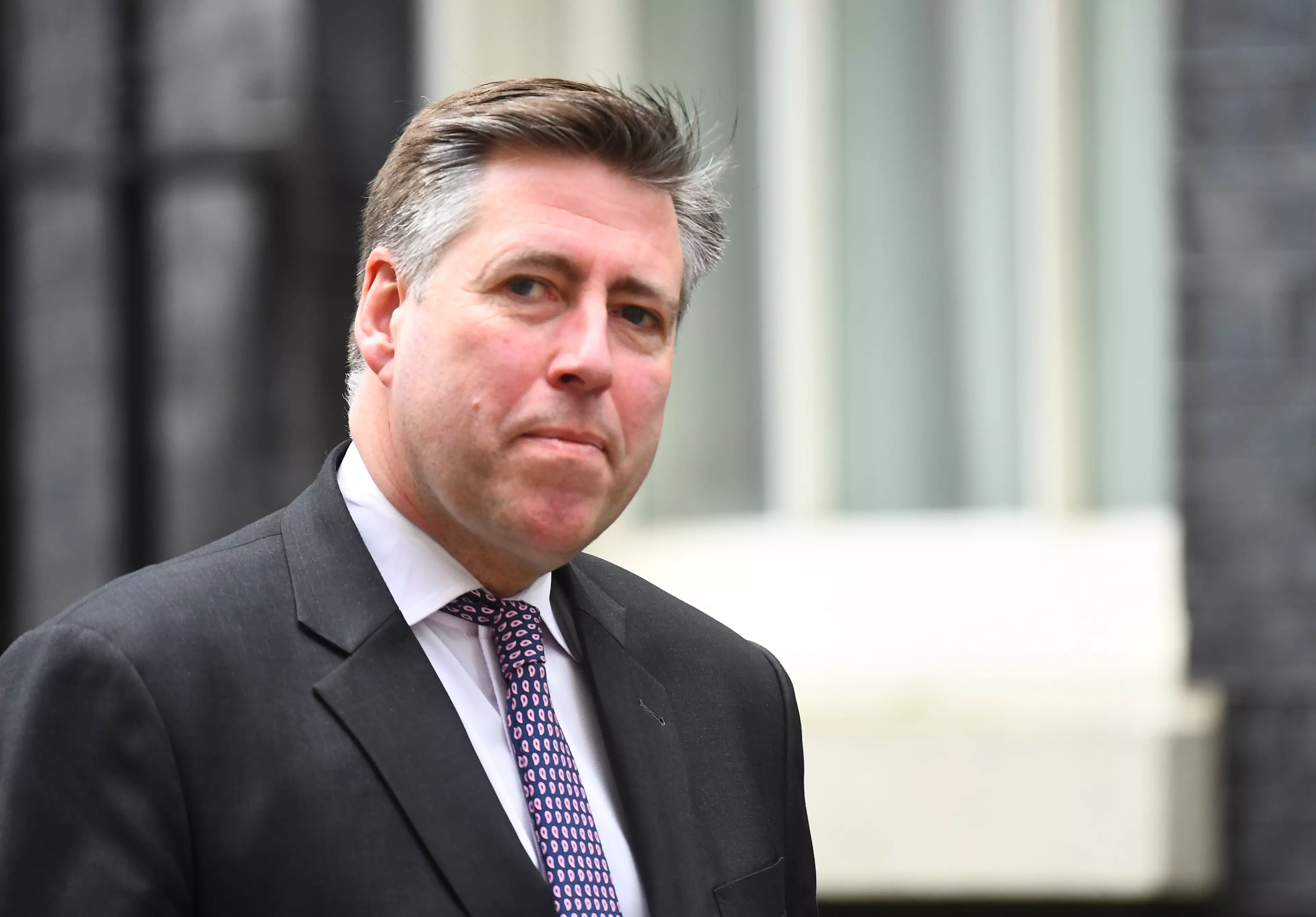
MPs have voted to extend the government's emergency coronavirus powers for another six months following a vote in Parliament this afternoon.
The motion passed with 484 votes in favour versus 76 against.
The Coronavirus Act was voted through in March 2020 and gave the government a wide variety of powers that no UK government has previously had in order to slow the spread of Covid-19.
This extension means that those powers will continue until the end of September.
In a lengthy debate in the House of Commons before the vote, Health Secretary Matt Hancock said that the powers afforded by the Coronavirus Act are 'essential', although critics argued that the powers are 'out of step' with the easing of restrictions.
Even though Keir Starmer's Labour Party agreed to support the extension to the act, Hancock faced significant opposition from anti-lockdown MPs within his own party ahead of the vote.

In Parliament, Hancock said: "Although this act remains essential and there are elements of it which we are seeking the renewal of, we have always said we will only retain powers as long as they are necessary.
"They are exceptional powers for the most extreme of situations and must be seen in this light."
He argued that the act is necessary for ensuring government projects such as the Job Retention Scheme (furlough) - which is due to end in September - can legally continue.
However, there are others who have refuted this argument.
Graham Brady MP, the chairman of Conservative back-bench group the 1922 Committee, said that he would vote against the extension of the act because 'it is important we make the case for a return to normality and trusting people with their own lives'.
He argued: "These powers were given by Parliament to government last March as a very temporary set of extreme emergency measures.
"Nobody then envisaged that they would still be in place a year later, still be in use 18 months on.
"I think we need to be very cautious about the dangers of normalising what is actually a very extreme policy response.
"We need to keep control of this and make sure we don't see a permanent transfer of these powers to government."

Fellow Tory Steve Baker said that the vote represented a 'rare opportunity' for MPs to 'say no to a new way of life in a checkpoint society'.
A government spokesperson said: "Keeping the act in place will continue to provide important support to individuals, businesses and allow essential public services to function,
"When this legislation was brought to Parliament, the government was clear that it would only retain these powers for as long as necessary to allow us to respond to the pandemic effectively."
Featured Image Credit: PATopics: UK News, Coronavirus, Politics, Covid-19